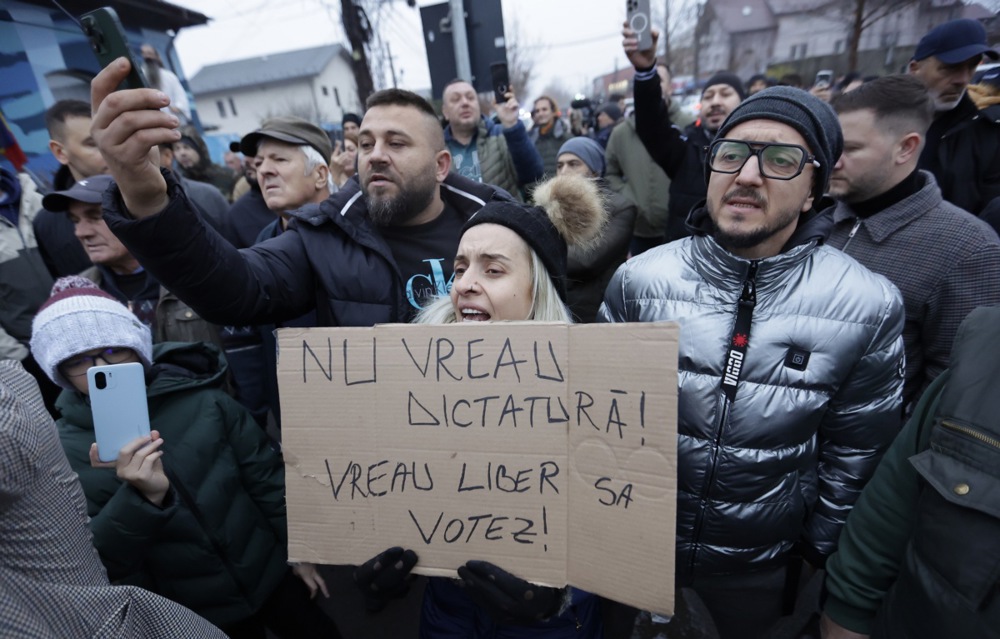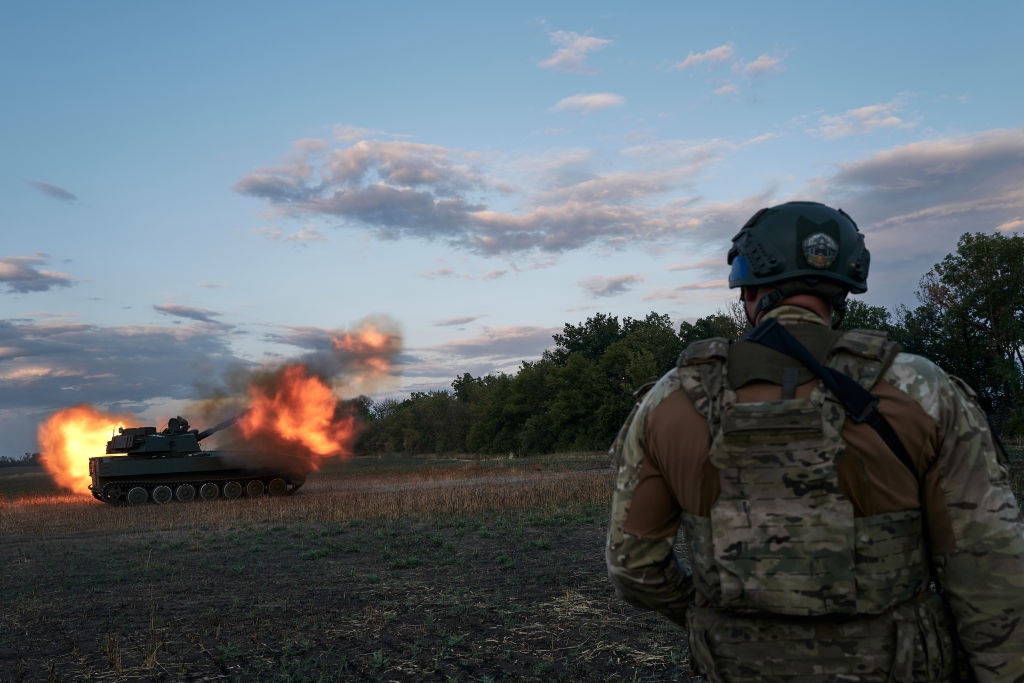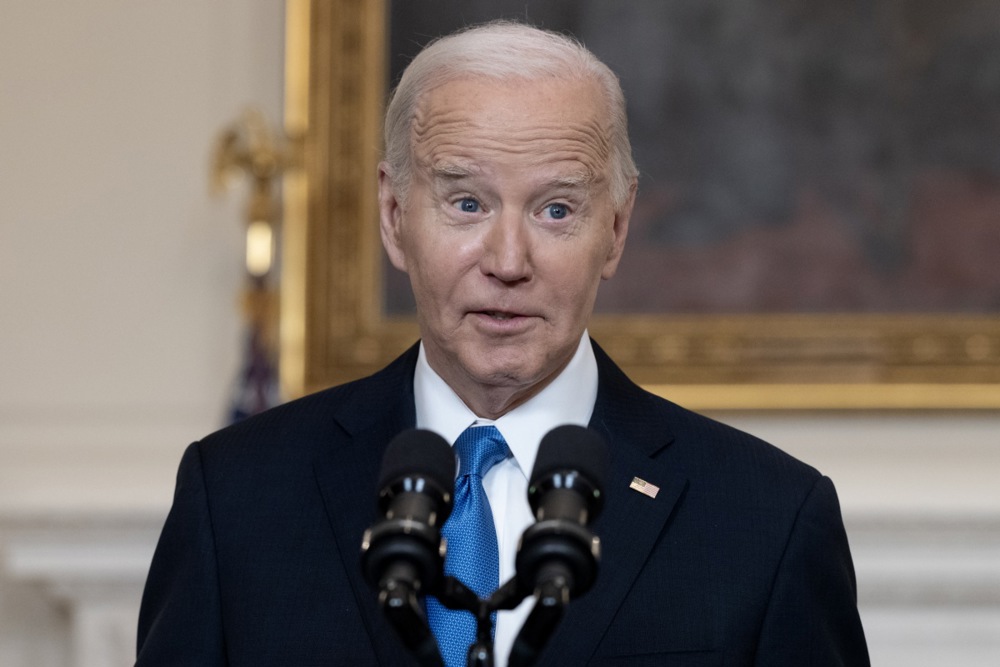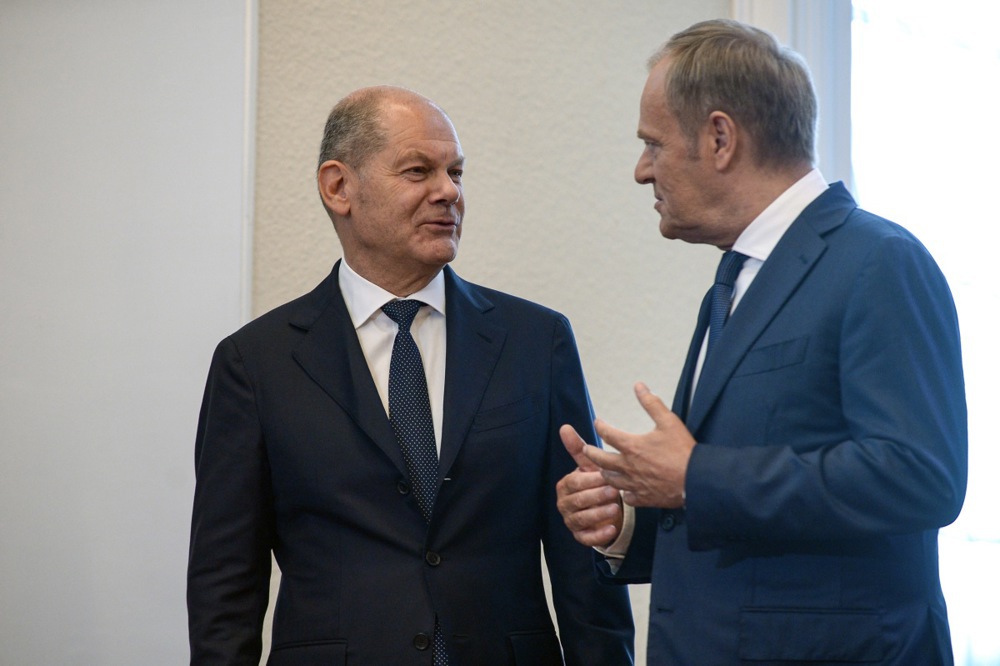The outgoing US administration of President Joe Biden publicly expressed concern about the progress of the Romanian elections days before that country’s Constitutional Court’s annulled the ballot, stating that the matter could influence Romania’s position in the Western alliance and its foreign investment decisions.
Following the Romanian court decision, the US Government backed the decision to order a rerun.
The first round of the presidential election in Romania, which saw independent right-wing candidate Călin Georgescu victorious with 23 per cent of the vote, was held on November 24.
On 30 November, the US Ambassador to Romania Kathleen Kavalec issued a statement in which she called the results of the first round “surprising”, referring to “reports of campaign violations on use of social media and lack of transparency in financing, and the decision to conduct a recount of those results”.
Kavalec implied that the election process was causing concern to the Biden administration, saying she hoped whatever happened, “Romania’s strong track record as a reliable democratic partner in Europe and in the Euro-Atlantic community will not be tarnished”.
The US ambassador also stated that the fundamental purpose of a free and fair election was to ensure that those who governed had “a clear mandate from the people they represent”.
She added: “No decision made during this crucial period should limit the right of Romanians to vote freely nor further put at risk the credibility of the election process.”
The Constitutional Court on December 2 had certified the results of the first round as the search for evidence of electoral fraud proved unsuccessful. That meant the second round was to proceed as planned on December 8.
Opinion polls conducted at the time were showing Georgescu comfortably ahead of Elena Lasconi, his centre-right rival in the run-off.
The court’s decision did not satisfy the US State Department, whose spokesman Matthew Miller on December 4 issued a statement in which, while stating that: “it is the choice of the Romanian people whom they elect” and that “the United States does not interfere with that choice or process”, nevertheless raised the matter of a security services report that seemed to question the court’s initial decision.
“We are concerned by the Romanian Supreme Council for National Defence [CSAT]’s report of Russian involvement in malign cyber activity designed to influence the integrity of the Romanian electoral process,” he said.
“Data referenced in the report should be fully investigated to ensure the integrity of Romania’s electoral process”, Miller asserted.
He also then hinted that the US viewed the matter as a question of security that could affect future US-Romanian relations, including US foreign investment.
“The United States values Romania’s contributions as a strong NATO Ally and partner in the European Union. Romania’s hard-earned progress anchoring itself in the Transatlantic community cannot be turned back by foreign actors seeking to shift Romania’s foreign policy away from its Western alliances.”
He added: “Any such change would have serious negative impacts on US security co-operation with Romania, while a decision to restrict foreign investment would discourage US companies from continuing to invest in Romania”.
On December 5, Romania’s security council declassified intelligence regarding a Russia-backed online influence campaign that it said promoted the election of Georgescu. The information has been seen by the court but has not been made public. Georgescu had campaigned for Romania to cease military aid to Ukraine and to stop Ukrainian grain passing through his country’s territory.
Alleged Russian interference in Romania’s elections followed similar claims of Russian interference in Moldova’s presidential elections earlier this year. In that case the Kremlin was accused of supporting vote-buying efforts and a propaganda campaign to defeat a referendum on accession to the European Union and the re-election of President Maia Sandu.
On December 6, Romania’s Constitutional Court assessed the material provided by CSAT and decided to cancel the original ballot on security grounds.
It ordered a rerun of the entire election process, which is now unlikely to take place before March as Romania must first form a new government in the wake of its parliamentary elections that took place on December 1.
On the day of the court’s ruling to annul the presidential election, Miller issued a statement supporting the decision.
“The United States reaffirms our confidence in Romania’s democratic institutions and processes, including investigations into foreign malign influence.”
He wrote: “We call on all parties to uphold Romania’s Constitutional [Court] order and engage in a peaceful democratic process free from threats of violence and intimidation and which reflects the Romanian people’s democratic will.”
President Biden’s term of office ends on January 20 when he will be replaced by President-elect Donald Trump, who has signalled that he will change US policy regarding the conflict in Ukraine.
In Romania, a government made up of the present coalition parties, the Socialists and Liberals, together with the centre-right is set to be formed by the end of 2024.
That administration will have to administer the re-run of the presidential election process, including the registration of candidates.





